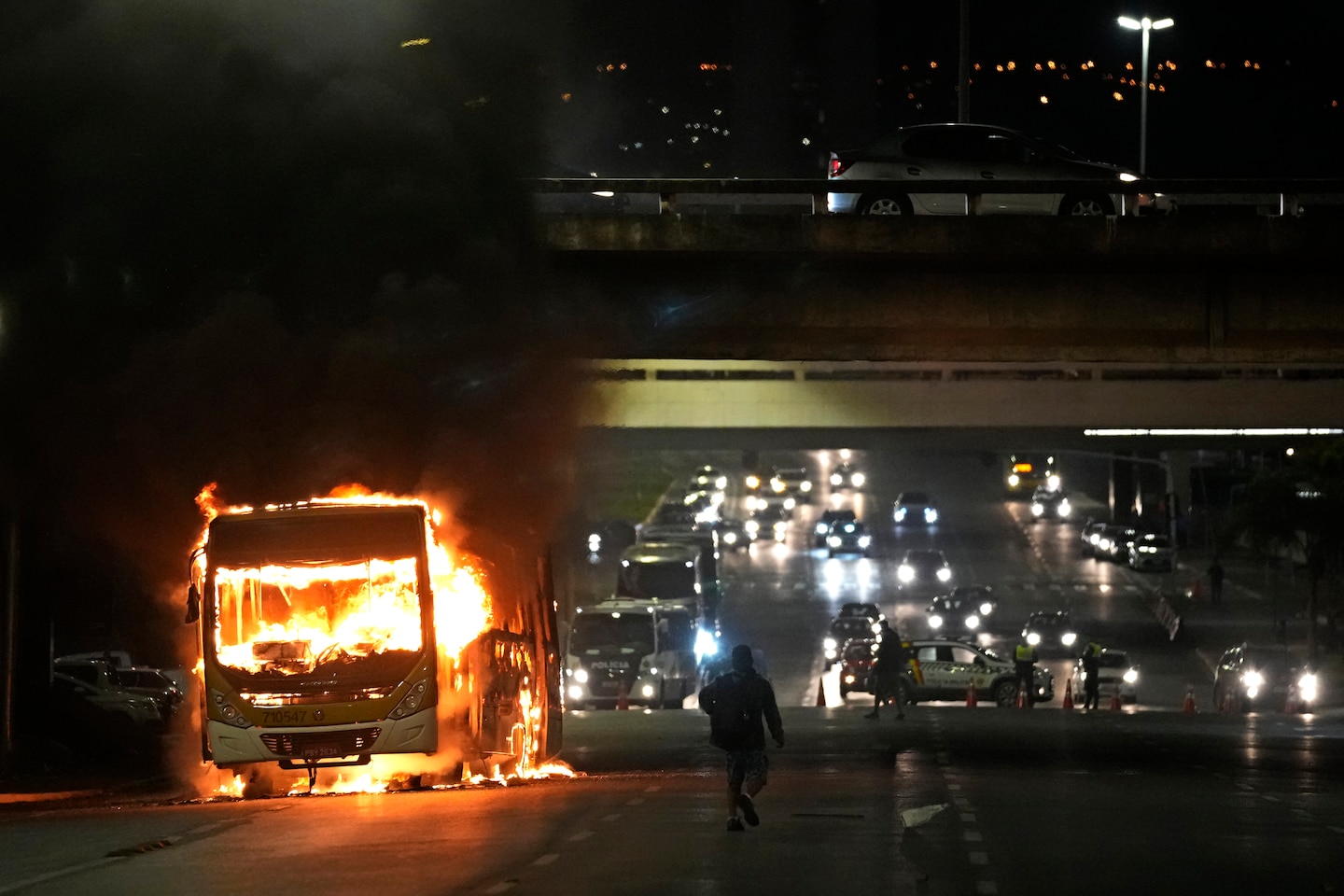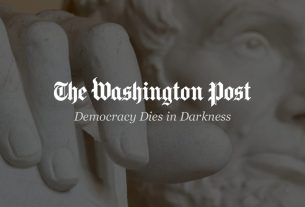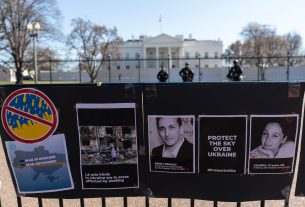The attack, hours after Brazil certified the election result Monday, put the country back on edge after a turbulent election season marred by disinformation and political violence. Supporters of Bolsonaro, including his own son, have asserted without providing evidence that the election was stolen — a claim that has been echoed by social networks and by right-wing publications online and on television. Some of the most ardent Bolsonaro fans blocked highways in dozens of cities in the immediate aftermath of the election.
The confrontation Monday was prompted by the arrest of an Indigenous activist and Bolsonaro supporter. The supreme court accused José Acácio Serere Xavante of having “expressly summoned armed people to prevent the certification of elected” officials.
The court, which has probed Bolsonaro, his family and allies, is seen here as a nemesis of the right. Many of the president’s supporters have accused supreme court member Alexandre de Moraes, who heads Brazil’s superior electoral tribunal, of using his authority to target political adversaries.
Bolsonaro has not conceded his loss in the closest presidential vote in Brazil’s history. He has not urged his supporters to fight the result, as former president Donald Trump did after the 2020 U.S. election, but neither has he discouraged them.
Two days after the Oct. 30 vote, Bolsonaro’s chief of staff said he had been authorized to begin the transition to a Lula administration. Bolsonaro asked supporters to stop blocking highways, which is illegal in Brazil, but said they could protest elsewhere: “That is welcome, and a part of democracy.”
In a speech outside the presidential palace on Friday — his first public statement in 40 days — Bolsonaro appealed to the crowd to take matters into their own hands, without expressly telling them to fight: “You decide my future and where I will go. … You decide which way the armed forces go,” he said. “Nothing is lost.”
Political analysts say Bolsonaro and key allies are attempting a delicate balancing act as Lula’s inauguration approaches: Actively encouraging a coup could backfire politically, but there is value in maintaining popular momentum for a future campaign. They have sought advice from prominent allies in the United States, including former Trump advisers Stephen K. Bannon and Jason Miller.
The protests “are worrisome because they show that these [pro-Bolsonaro] groups that have camped out for all this time are extremely resilient,” said Pablo Ortellado, a professor of public policy at the University of Sao Paulo. “This is a movement that has spread all over Brasil and has engaged in radical actions.” But he said that the attack Monday was relatively small and that he did not think it would threaten the transition to Lula.
In Brasilia Monday evening, footage taken by bystanders, demonstrators and journalists appeared to show protesters setting fire to cars and buses and police officers trying to disperse them with pepper spray and tear gas. One video appeared to show a group of Bolsonaro supporters trying to push a bus off a highway overpass in Brasilia.
Capital police forces have increased security for Lula, who is staying in a hotel, after the outbreak of violence, according to the Secretariat for Public Security for the Federal District.
A spokesman for Lula, José Chrispiniano, told The Washington Post that the president-elect “was not exposed to any risks” Monday. He declined to comment further.



